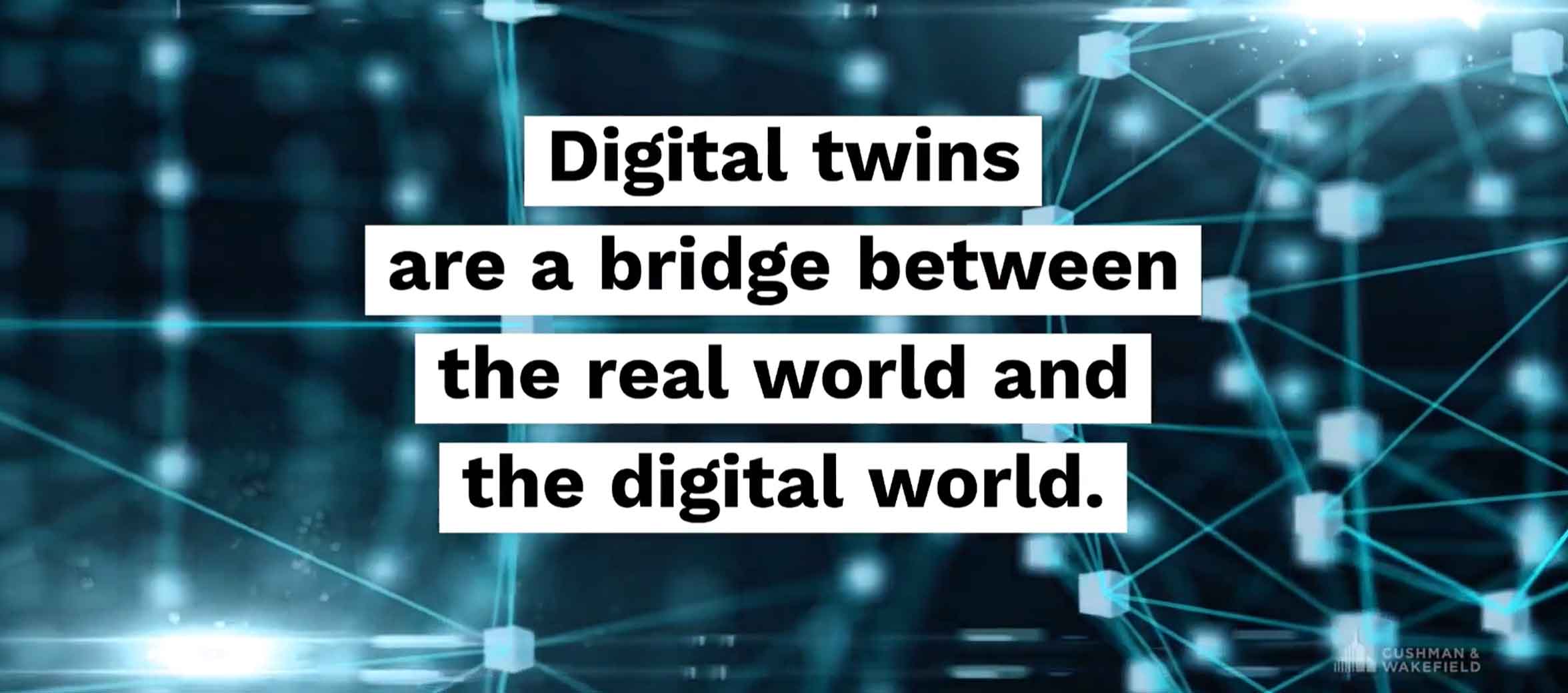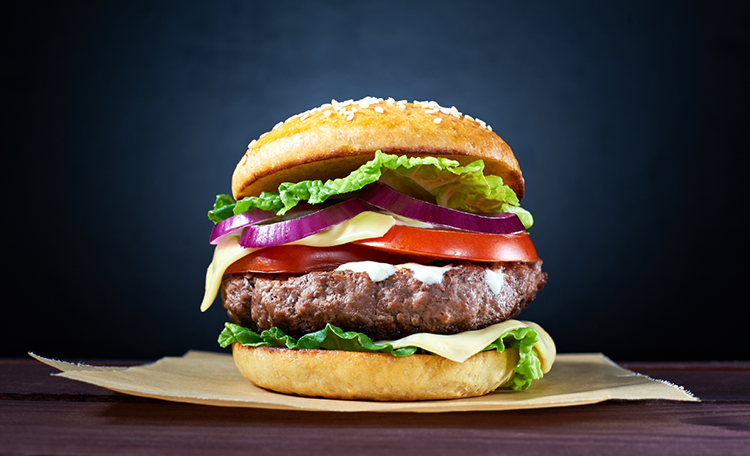
There’s a scene in the film “Apollo 13” where the grounded astronaut tries to figure out how to jumpstart a spacecraft that’s stuck in space without killing the crew. Using an array of cast-off materials, he and his NASA colleagues simulate the conditions the astronauts on Apollo 13 are facing, from the comfort of Earth. By mimicking the conditions the crew was experiencing in space, the NASA team effectually deployed a version of a tool that’s becoming increasingly impactful in commercial real estate (CRE): digital twin technology.
But first, let's back up.

The most basic explanation of a digital twin is a virtual replica of a physical product, process or system.
Digital twins are the ultimate technology tool that combine artificial intelligence (AI), the internet of things (IoT), algorithms and other innovations to create a powerful collection of data.
They have great applications for CRE, bringing together disparate, previously unconnected systems that together present a complete picture of a building. Think of digital twins as a natural, if more technologically advanced, extension of building information modeling. From HVAC to elevators, security and more, digital twins provide us with actionable insights that can be processed and managed remotely.
The pinpoint accuracy the technology produces makes it an efficient method of monitoring buildings, creating cost savings and improving the tenant experience. It is estimated that digital twin technology can lower operating costs in some buildings by up to 88 cents per square foot.* It’s easy to imagine how digital twins can benefit CRE operations, but the applications go much further.
Healthcare
Digital twins aren’t just for buildings, jet engines or spacecraft. Even humans can have a digital twin. The healthcare field is catching on, developing biomedical versions of people to help identify who might be susceptible to disease or a medical calamity. Thoughtwire, a Canadian technology company, created a digital twin that can predict when someone will have a heart attack – or a “code blue” in hospital parlance. Through combining AI with automated processes to log patient data and cross-referencing it with other data sets, the technology could predict when patients would suffer cardiac arrest.
Cities
Digital twins are helping cities learn more about themselves to become “smart.” Singapore and Rennes, France, engaged French firm Dassault Systèmes to design digital twins that will help them identify and address challenges. With multiple systems providing data – think weather, transit, health and infrastructure – the cities are able to see existing problem areas and address them before they are apparent. By soliciting data from various stakeholders in the public and private sectors, they can virtually experience and visualize the city, while collaborating to create and simulate solutions.
Manufacturing
UK manufacturer TrakRap has found success in adopting new technologies, including digital twins. The company has publicly stated that it will not cut any metal before it has simulated the manufacturing process on a digital twin, so they can inspect every component until they are happy with it. They said this process enables a reduction in development cost by more than 50 percent.
Aerospace
It’s easy to build a plane engine, but maintaining it and ensuring it meets regulatory requirements and situations is another story. Digital twin technology allows aerospace manufacturers to understand how a turbine will react with a plane that is, for instance, carrying more passengers or flying in difficult conditions or extreme weather. It can also identify conditions unique to individual pilots.
Offices
Australian commercial real estate group Investa was challenged to keep accurate and up-to-date building information as a Melbourne skyscraper was built, so they engaged Willow, a digital twin provider, to create a single source of truth. Using the WillowTwin™ platform, Willow created a cloud-based dashboard that combined building models, data, geometry and live sensor data, providing Investa with all the data and documentation in one place.
The digital revolution is quickly becoming integrated into CRE systems to transform building management through the use of artificial intelligence, robots and virtual/augmented reality. For occupiers and landlords, the power to virtually monitor all of a building’s systems in real time, creating a digital crystal ball, can’t be understated.
* According to Thoughtwire. Currency amounts listed in USD.






